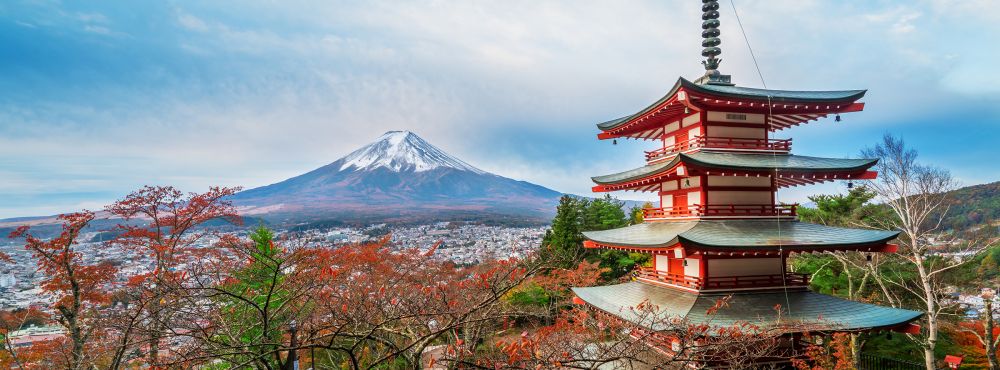

Nara, the first permanent capital of Japan, is steeped in history and culture. Known for its temples, shrines, and the free-roaming deer in Nara Park, the city's cuisine is also rich in tradition. The introduction of Buddhism in the 8th century played a significant role in the local food culture, bringing with it a prohibition against eating meat. This led to the development of shojin ryori, or Buddhist vegetarian cuisine, which relies heavily on tofu, vegetables, and mountain herbs. With its ancient history, Nara also became a center for traditional confectioneries, known as wagashi, which are often enjoyed with tea. As Japan's food culture evolved, Nara adapted its culinary offerings, making it a unique place to experience a blend of old-world and modern flavors. Must-Try Top 10 Food Dishes in Nara, Japan